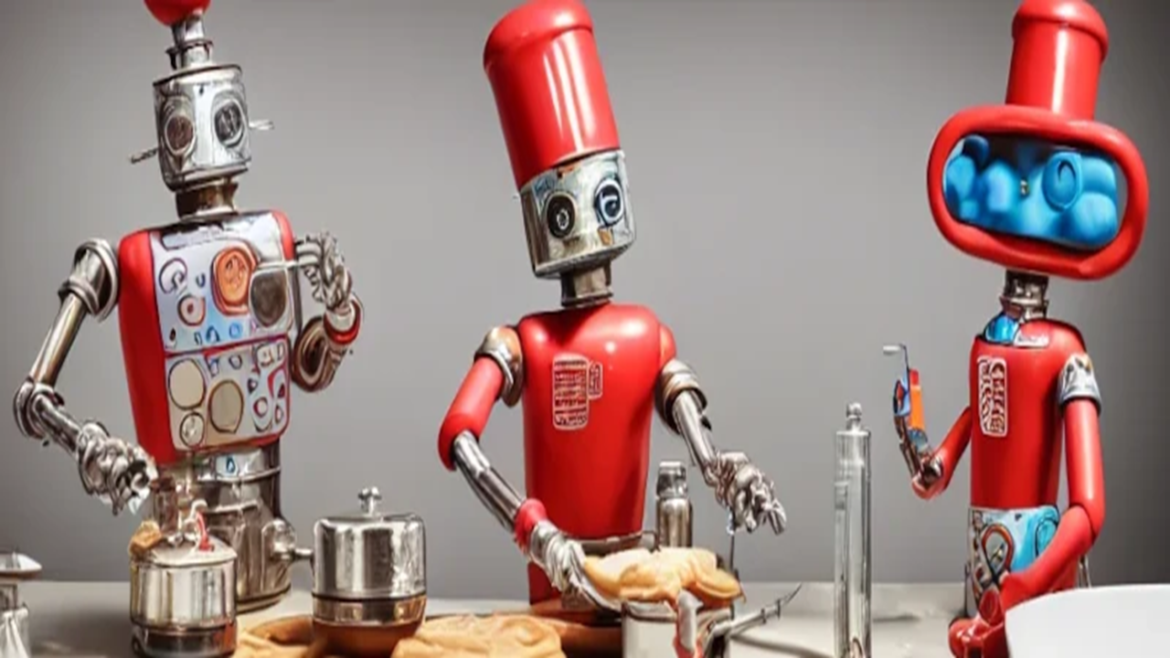By: Husam Yaghi
The food industry is undergoing a transformative period driven by the integration of artificial intelligence (AI). AI is poised to revolutionize various aspects of food production, processing, distribution, and consumption, paving the way for a more efficient, sustainable, and personalized food experience for consumers worldwide.
AI-powered systems are revolutionizing agriculture by analyzing vast amounts of data from soil sensors, satellite imagery, and weather patterns. This data-driven approach provides farmers with real-time insights into crop health, irrigation needs, and pest management, enabling them to make targeted interventions to optimize crop productivity while minimizing waste and environmental impact. Farmers in Kenya are leveraging the power of AI through a mobile app called “DigiFarmer” to enhance their crop yields. The app utilizes satellite imagery and weather data to generate personalized recommendations for crop management practices, including sowing dates, fertilizer application, and irrigation schedules. This data-driven approach has resulted in an average 20% increase in crop yields among DigiFarmer users.
AI is revolutionizing retail experiences by analyzing customer purchase history and browsing behavior. This data-driven approach enables retailers to suggest relevant products, promotions, and personalized recommendations to enhance consumer engagement and drive sales. AI can also optimize store layouts based on customer traffic patterns and product popularity. A major grocery store chain is utilizing AI to revolutionize its inventory management practices. AI algorithms analyze sales data, customer behavior patterns, and supplier information to accurately predict demand. This data-driven approach has led to a 20% reduction in food waste and improved customer satisfaction by ensuring the availability of desired products.
AI-powered vision systems are becoming indispensable in ensuring food quality. These systems can detect defects in food products with remarkable accuracy, ensuring that only high-quality produce reaches consumers. AI algorithms can also optimize production processes, minimizing waste and maximizing resource efficiency.
AI is transforming the food supply chain, from procurement to distribution. AI-powered systems can predict demand fluctuations, optimize transportation routes, and manage inventory levels, ensuring that the right products reach the right places at the right times. This data-driven approach reduces food waste, optimizes resource utilization, and enhances overall supply chain efficiency.
AI algorithms are empowering consumers to make informed dietary decisions through personalized meal planning and food recommendations. These algorithms analyze genetic data, dietary habits, and health indicators to create customized meal plans that align with individual needs and preferences.
AI is poised to transform the food industry, introducing new levels of efficiency, sustainability, and personalization. As AI technologies continue to advance, we can anticipate even more innovative applications that reshape the way we produce, process, distribute, and consume food. AI has the potential to revolutionize the food industry for the betterment of all individuals.
Disclaimer: “This blog post was researched and written with the assistance of artificial intelligence tools.”
